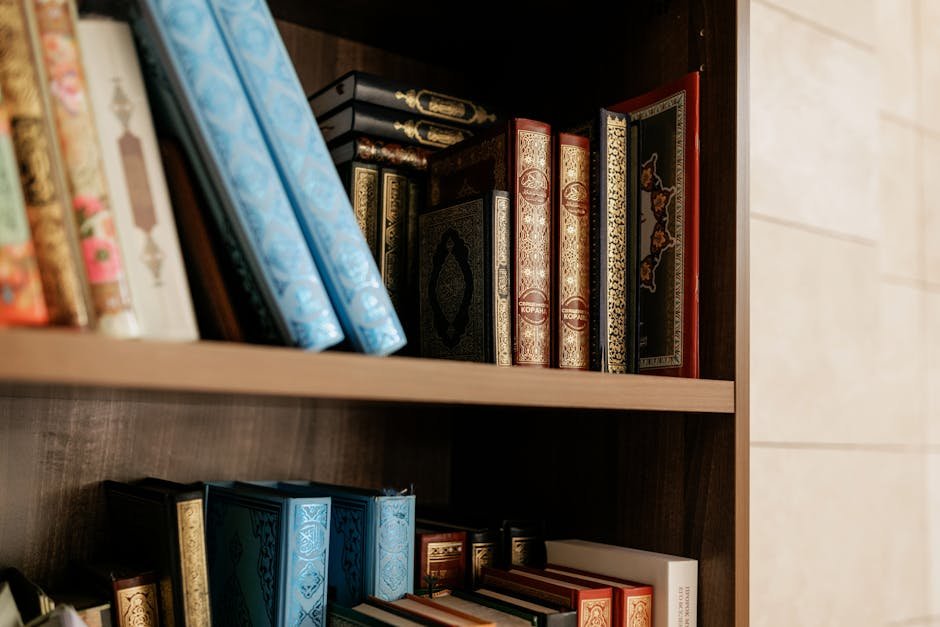Summary
- The Ministry of Education in Egypt oversees the education system, aided by three centers focused on curriculum development, education research, examinations, and educational evaluation.
- Egypt’s education system is divided into six main stages: Nursery, Kindergarten, Primary School, Preparatory School, Secondary School, and Higher Education Level (University).
- Egypt has both government and private schools, with public education at schools and universities being free.
- At the Nursery and Kindergarten stages, emphasis is placed on play, basic literacy, numeracy, and social skills, with activities designed to build personality and skills from an early age.
- Secondary education offers general, technical, and Al-Azhar (Islamic religious) tracks, preparing students for various fields in higher education, where Egypt boasts around 42 universities, including the top-ranked Cairo University.
Education in Egypt is a very important subject that sheds some light on how minds in Egypt are shaped. The goal of this article is to offer every traveler the chance to understand Egypt’s educational system. All the information and details in this article are written by a group of very knowledgeable researchers in Egypt. The future of any nation is determined by the level of Education provided to the next generation, which is the building block for the future.
The Ministry of Education is responsible for making decisions about the education system with the support of three Centers: the National Center for Curricula Development, the National Center for Education Research, and the National Center for Examinations and Educational Evaluation. Each center has its own job, turn, and function. On the other hand, the Ministry of Higher Education supervises the Higher education system. Education in Egypt can be classified into six main sections:
- Nursery (Baby Class)
- Kindergarten
- Primary School
- Preparatory School (Middle School)
- Secondary School (High School)
- High Education Level (University)
There are two types of schools in Egypt: government schools and private schools. Education in Egypt at public or governmental Schools and universities is free. Here are the basic stages of education in Egypt, with more details about each stage:
1- Nursery Stage
Talking about the nursery stage is going to take too much time, and visiting one of the nurseries in Egypt is going to add so much fun to your Egypt tours; watching our kids while they are playing and creating new ideas in their lives will make your tour in Egypt completely different. Kids start to join nurseries at about two years and six months, which is very difficult for both the mum and the kid.
That’s why if you visit a nursery during the first week of September, you can find all the mothers waiting for their kids outside classrooms where they refuse to get back home without kids during the first week of study, and this stage just takes one year then the kids can move to Kindergarten stage.
2- Kindergarten
Our kids join this stage when they are three years and six months old, and this stage takes two years. In this stage, the children may be asked to recognize the shape of the letters and numbers in Arabic and English by the end of the first year when the child becomes able to write his name. During the second year of this stage, kids recognize many short words like names of fruits, vegetables, and animals in Arabic and English. The Kindergarten management offers so many activities for kids, like sports, social, and tour activities.
By the end of this stage, kids are able to sing about 20 English songs, know at least more than 100 English words besides Arabic, and can calculate 2-digit numbers by additions. It is a very important and difficult stage which enables the kid to build his personality and skills, and it depends on the well-educated teachers who are very clever and skilled enough to deal with kids in their early life and make them feel better, all teachers in this stage are females.
3- Primary Schools
The students get confused when they move from Kindergarten to primary school as students are asked to write and do homework. They also have to learn one more foreign language, mostly English. They can recognize part of their Egyptian History and the main organs of the Human body; also, Mathematics is a very important subject during this stage.
Physical Education was very important during this stage. Also, schools cared about organizing trips to many places and sightseeing inside Egypt. The student spends six years to finish primary school, then moves to Preparatory School.
4- Preparatory Schools
It takes three years to finish, and it’s harder than primary school. The student studies more subjects like geography, geometry, science, foreign languages, and religion as well so that they can decide after finishing those three years which part the children can choose in secondary school.
Preparatory school in Egypt is acknowledged for its increased difficulty level compared to primary school. This phase challenges students to adapt to a more demanding academic environment, develop effective study habits, and hone their time management skills. The diverse curriculum not only broadens their knowledge but also plays a crucial role in shaping their critical thinking, problem-solving abilities, and decision-making regarding their future educational and career paths.
5- Secondary Schools
There are three types of upper secondary schools:
- General secondary education schools.
- Al-Azhar Secondary Education schools.
- Technical Secondary schools.
General Secondary Education Schools
It offers academic programs in preparation for higher education, like university and college. In the General Education sector, there are two streams that students can choose from: Scientific or Literary. Both streams include English and Arabic as mandatory subjects, in addition to streamed subjects as follows:
The Scientific Section includes Mathematics, physics, biology, and chemistry, while the Literary section includes Arts, history, geography, and home economics.
Elective Subjects include environmental sciences, social studies, national studies, philosophy, psychology, music, and European languages. These subjects are chosen based on the student’s intended tertiary-level specialization. Schools also offer other European languages, generally French, German, Italian, or Spanish. It also takes three years to finish after those students are ready to join one of the faculties they prefer based on their final scores.
Al Azhar Secondary Schools
It offers academic programs with an emphasis on Islamic religious instruction. The Ministry of Education in Egypt reduced the number of secondary school years from 4 to 3 years in 1998 to make education in the Al Azhar system appropriate with the general secondary education system.
Technical Secondary Schools
A different type of secondary school that offers technical and vocational programs where students specialize in one of three streams lasting three to five years: Technical, Industrial, or Agricultural.
6- High Education (University)
In Egypt, we have about 42 universities, 20 public universities with 2 million students and 22 private that each year include about 1 million students each. The top university in Egypt is Cairo University, which was established in 1902 by King Fouad I. Education in Egypt is an important tool to meet all our needs and seek a better life; it helps people face the challenges of life.
Cairo University stands out as the top university in Egypt. Founded in 1902 by King Fouad I, it has a storied history of academic excellence and has been a cornerstone of higher education in the Middle East. As a leading educational institution, Cairo University offers a broad spectrum of programs across various disciplines, fostering research, innovation, and advanced learning among its students.









